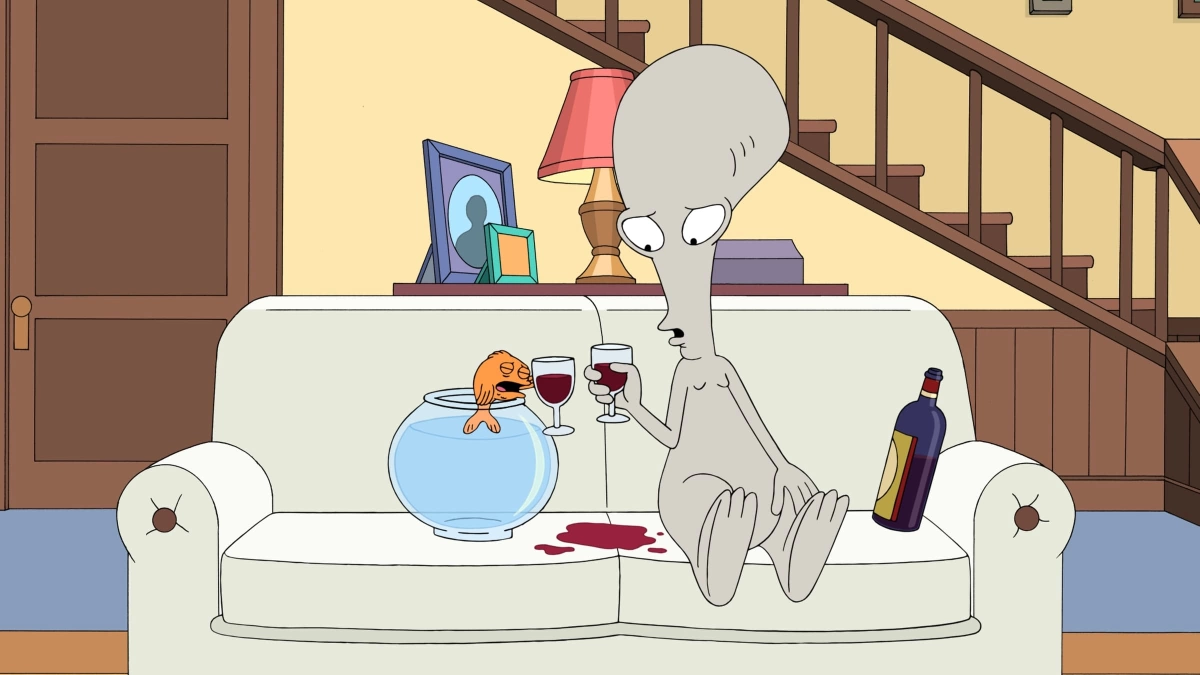Understanding humanity through the lens of alien observers on television
Television has long been a medium through which we explore and reflect on the human condition. Among the many genres, comedy series featuring aliens on Earth provide a unique and often humorous perspective on what it means to be human. Shows like “Mork & Mindy,” “3rd Rock from the Sun,” and several others use the outsider viewpoint of extraterrestrial beings to highlight, critique, and celebrate various aspects of humanity. This article delves into the common themes and lessons these shows teach us about ourselves and examines how they reflect changes in society over the past 60 years.
The observations of alien visitors
Mork & Mindy (1978-1982): Mork, an alien from Ork, lands on Earth and befriends Mindy. Through Mork’s childlike curiosity, we learn to embrace differences, value humour and kindness, and understand the complexity of human emotions and relationships.
3rd Rock from the Sun (1996-2001): The Solomon family, aliens on a mission to study humans, provides a humorous take on social norms and relationships. Their observations highlight the complexity of human emotions, the importance of family, and the absurdities of societal conventions.
ALF (1986-1990): ALF, an alien from Melmac, lives with a suburban family. His experiences emphasise the value of family and friendship, the depth of human emotions, and the concept of home.
The Neighbors (2012-2014): Aliens living in a human suburb learn about customs, relationships, and daily life. This show humorously underscores human absurdity, the value of community, and the challenges of assimilation.
My Favorite Martian (1963-1966): A Martian posing as a human’s “uncle” explores human behaviour and technology, highlighting curiosity, human ingenuity, and the humour in misunderstandings.
American Dad! (2005-present): Roger, an alien living with the Smith family, provides a satirical look at American life and culture, highlighting social norms, human behaviour complexities, and family dynamics.
Consistent themes across alien-comedy series
These shows, while diverse in their storytelling, share several common themes that offer insightful reflections on humanity:
- Complexity of Emotions: Many shows explore the depth and range of human emotions, highlighting both the beauty and the turmoil they bring.
- Value of Relationships: Whether through family, friendship, or romantic connections, the importance of human bonds is a recurring theme.
- Curiosity and Exploration: The inherent human desire to understand and explore the unknown is frequently examined.
- Adaptability and Resilience: Humans’ ability to adapt to new situations and overcome challenges is a common observation.
- Moral Ambiguity: The complex nature of human morality, with characters exhibiting both good and bad traits, is often explored.
- Societal Norms and Absurdities: Alien characters frequently critique human societal norms, pointing out absurdities and questioning their validity.
- Identity and Belonging: The search for identity and the need to belong are central to many stories.
- Fear and Suspicion of the Unknown: Human fear of what they don’t understand is a common theme, often leading to conflict.
- Capacity for Good and Evil: The dual capacity for great compassion and great cruelty in humans is frequently explored.
Over the past 60 years, television shows featuring alien observers, such as “My Favorite Martian” (1960s), “Mork & Mindy” (1970s-80s), and “3rd Rock from the Sun” (1990s), have reflected and influenced societal changes. Early shows focused on traditional family structures and clear gender roles, using gentle humour to explore human curiosity. In contrast, later shows like “Solar Opposites” (2020s) and “American Dad!” (2000s-present) highlight diverse family structures, technological integration, environmental awareness, and sharp societal critique, reflecting a more complex, multicultural, and satirical view of modern life.
Conclusion
Over the past 60 years, television shows featuring alien observers have mirrored and commented on the evolving landscape of human society. From traditional family values and simplistic portrayals of emotions to diverse representations, technological integration, and critical societal satire, these shows offer a fascinating lens through which to view our changing world. The progression from novelty and curiosity to complexity and critique highlights the dynamic nature of humanity and its continuous journey toward greater understanding, acceptance, and self-awareness. Through the eyes of these fictional extraterrestrials, we gain valuable insights into our own evolution as a society.




